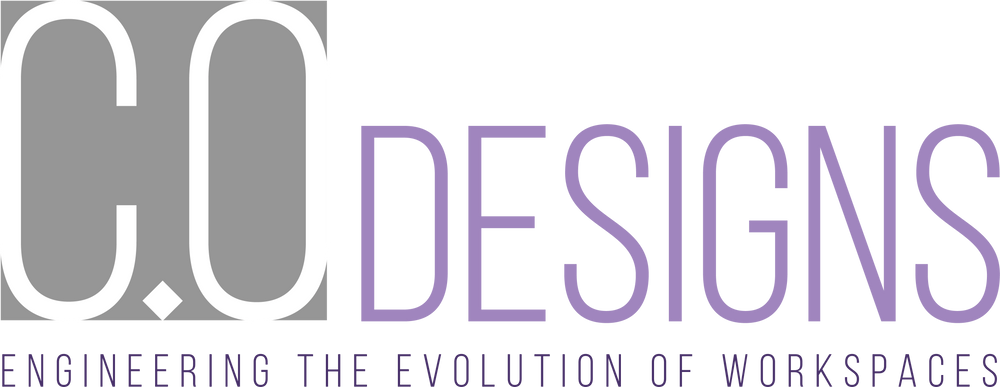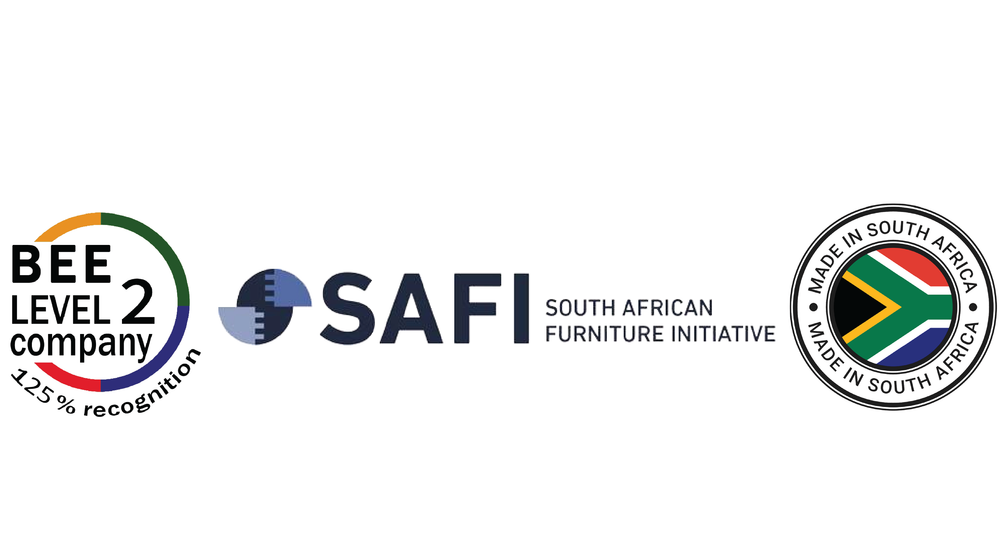
Flexible Interior Architecture: Maximising Efficiency and Savings in Modern Day Workspaces
Share
In today's fast-paced business environment, the importance of flexibility and adaptability cannot be overstated. Nowhere is this more apparent than in the design and layout of office spaces. Gone are the days of rigid structures and inflexible designs; instead, modern businesses are embracing adaptable interior architecture. This shift not only helps in saving costs but also contributes to boosting staff productivity and well-being.
The Shift Towards Adaptability
Businesses are increasingly recognizing the need for office spaces that can easily adapt to changing needs and circumstances. This shift is driven by several factors, including the rise of remote and flexible work arrangements, the need for collaboration and innovation, and the desire to create environments that promote employee well-being.
According to a recent article on Propmodo, companies are turning to modular architecture to make their offices more adaptable. Modular design allows for easy reconfiguration of spaces, enabling businesses to quickly adjust layouts in response to changing requirements. This not only saves time and money but also allows for greater creativity and customization in office design.
In a recent LinkedIn article discussing the future of work, flexible and agile office design strategies are highlighted as essential for adapting to the evolving needs of businesses and employees. By creating spaces that can easily be reconfigured, businesses can better accommodate different work styles and preferences, leading to improved employee satisfaction and productivity.

Benefits for Staff and Productivity
The benefits of adaptable interior architecture extend beyond cost savings to include significant advantages for staff. A study by Sharp highlights the impact of office interior design on employee well-being, emphasizing the importance of creating spaces that promote comfort, collaboration, and productivity.
Flexible interiors play a crucial role in modern living, as illustrated in an article on Illustrarch. By allowing for multifunctional spaces that can adapt to various activities and uses, flexible interiors create environments that are conducive to both work and relaxation. This versatility enhances staff morale and engagement, leading to increased productivity and creativity.
Moreover, adaptable workplaces contribute to staff satisfaction by empowering employees to personalize their work environments according to their preferences and needs. This autonomy fosters a sense of ownership and belonging, leading to greater job satisfaction and retention rates.
Cost Savings and Sustainability
In addition to the benefits for staff, adaptable interior architecture offers significant cost-saving opportunities for businesses. By investing in modular furniture and flexible layouts, companies can reduce the need for costly renovations and expansions as their needs evolve. This not only saves money in the long run but also minimizes disruptions to business operations.
Furthermore, adaptability and sustainability go hand in hand in office building design, as highlighted in an article on Consulting-Specifying Engineer Magazine. By creating spaces that can easily be repurposed and updated, businesses can reduce their environmental footprint and contribute to a more sustainable future.

C.O Designs: Leading the Way in Adaptable Office Solutions
As businesses seek innovative solutions to enhance their office environments, C.O Designs has dedicated the last few years to enhancing the expanding their knowledge on flexible interior architecture. Our privacy pods are breaking new ground in the workspace sector offering flexible, adaptable, and cost-effective solutions to modern-day office interior design. With the added incentive that our pods are manufactured & serviced locally in South Africa
Our pods are designed to easily integrate into any office space, providing employees with quiet and comfortable areas for focused work or collaborative meetings. With customizable features and modular design, these pods can be tailored to meet the specific needs of each business, allowing for seamless integration into existing layouts.
In conclusion, adaptable interior architecture is revolutionizing the way businesses design and utilize office spaces. By embracing flexibility and innovation, companies can create environments that not only save money but also enhance staff productivity, satisfaction, and well-being. With solutions like C.O Designs' privacy/meeting pods, the future of office design is both adaptable and inspiring.
_________________
Written by: Rowan Michael de Villiers
_________________
For more information, please visit: https://www.codesigns.co.za
Follow our LinkedIn Page for more facts, information, opinions and articles.




